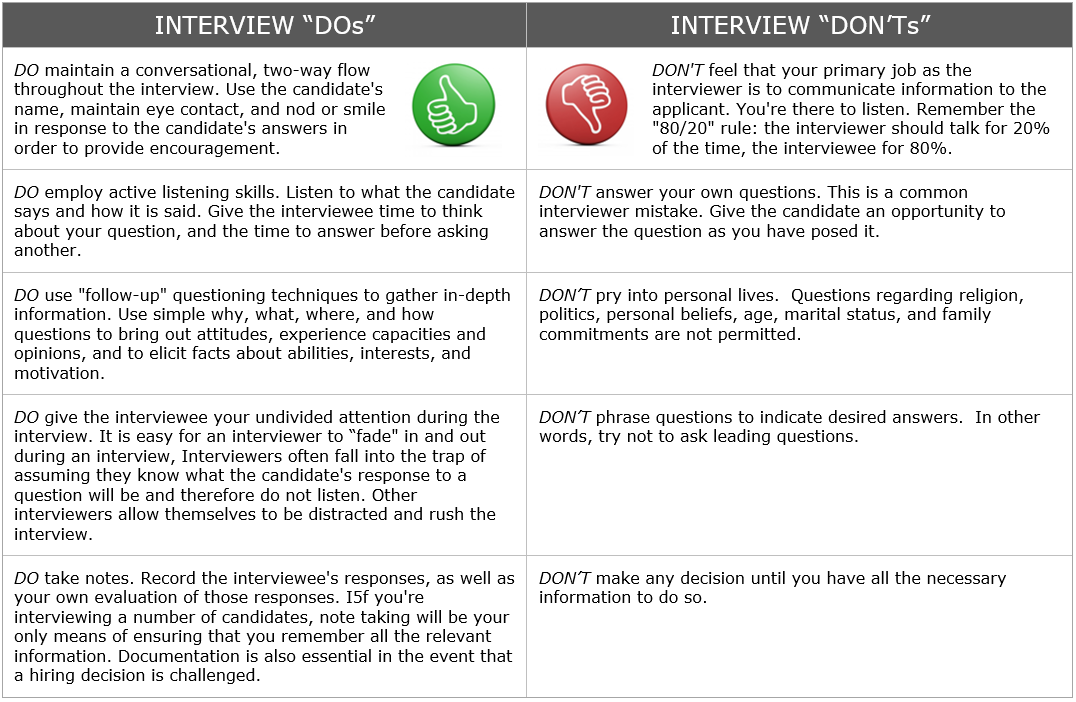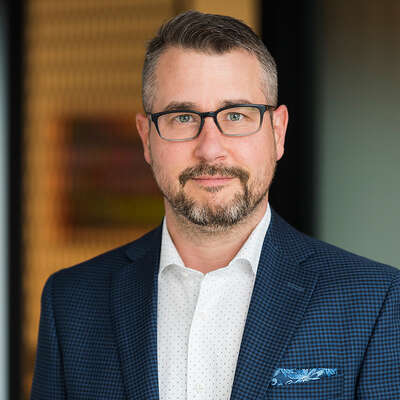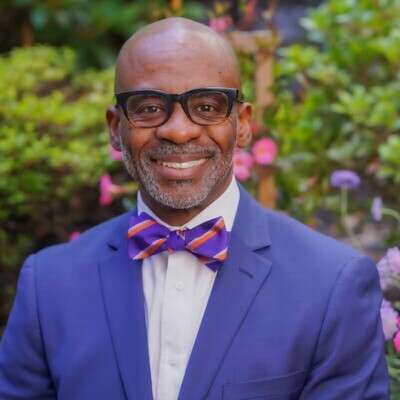Prepare, contribute, and make an impact as a search committee member.
This article originally appeared in Canadian Society of Association Executives' Association Magazine.
The most important resource of any organization are the people working within it. That is why the effort and diligence that search committees invest in any executive recruitment process can set the foundation for the continued success of an organization. My experience working with search committees over for over 15 years has taught me that executive search committees are no longer in the era of the “fashion show,” where interviewers can simply sit back and wait to be impressed. Instead, it is imperative that all committee members engage actively throughout the process, working in unison with common values toward a common goal. Each member should assess their own assumptions and preferences, prepare specific and relevant questions, stay focused and alert during the interview, and deliberate carefully. If the search committee members have been well-selected and take an active, reflective approach, the organization will find the candidate most closely suited to their environment, values, and vision.
With that in mind, here’s what each search committee member should know to prepare, participate, and leverage the opportunity to shape the direction of the organization for years to come.
Be aware of your biases
It is natural that each member of a search committee will have their own biases and assumptions, grounded in their own organizational culture. The success of any search in the Not-for-Profit world will depend on each committee member’s ability to understand and represent the vision and values of the organization, not just his or her own interests. As a well prepared committee member, you should take the time to reflect on whether your own habits and assumptions about how things are “normally” done might be impeding your understanding of this new role. Consider whether the qualities you most prize in a candidate are the same qualities that will best serve the organization. This opportunity to reflect on your habits may even give you a new perspective on your own organization.
Gain consensus on criteria
Search committees often agree to a simple job description and minimum qualifications but don’t think through the more intangible aspects of their ideal candidate profile. What qualities, aspirations, and attitudes will best suit the unique environment of this organization? Committee members may assume that they all know what makes a good candidate while actually disagreeing about how they weight potentially conflicting competencies like self-direction and cooperation, or innovation and continuity. You should explicitly reflect on all the qualities you are looking for in a candidate, and also consider how important each quality is relative to the others. Taking the time early in the search to thoroughly discuss these criteria will help you to avoid major hassles down the road, like disagreement over the final hire or miscommunication among members of the search committee and the search firm.
Plan the interview carefully
Search committee members should carefully consider their questions, the structure of the interview, and even the seating arrangement. Good planning ensures that the candidate will encounter a unified, organized committee, and that members will get the information necessary to make a considered decision.
In preparing questions, thoroughly review all candidate information. Plan to ask about relevant past experience, but also work to identify any potential weaknesses in the candidate or ways that they deviate from your ideal candidate profile. Be careful not to phrase your questions in a leading way; ensure that the question does not give -away the answer you are hoping to hear.
Once you have generated a list of questions, discuss which committee members will be responsible for which portions of the interview based on their own interests and experience. If you have planned and delegated questions properly, follow-up questions or deviations will not derail the overall organization of the interview. A clear structure combined with improvised follow-up questions will strike the right balance between rigor and conversational flow.
Be present in the interview
Remember that the interview is an imperfect tool; the candidate who seems most impressive or charismatic during a 60 minute meeting may not ultimately prove to be the best leader. In order to make the most of the interview process, committee members need to be thoughtful, active, and engaged throughout. They need to make sure that they are asking relevant, specific questions, making necessary follow-ups, listening carefully, and noting down responses. If you are distracted or passive during the interview, you may miss key insights into the candidate’s strengths and weaknesses. Signs of fatigue or disinterest from committee members will also affect the candidate’s view of the organization. Since interviews can be an arduous task - particularly when you are properly engaged - space meetings out accordingly.
Although you should be engaged throughout the interview, you should focus primarily on active listening rather than talking. Resist the urge to answer your own questions and don’t feel compelled to share excessive amounts of information with the candidate. Generally, it is wise to follow the 80/20 rule: members of the interview committee should talk 20% of the time, the interviewee 80%.
Have a plan to resolve disagreement about candidates
If you gain consensus on criteria and carefully plan your interview, it should be easy to narrow down your final list of candidates. Nevertheless, it is always possible that disagreements among search committee members could arise. You can prepare in advance for these discussions by taking careful notes following each interview, recording not only the candidate’s answers but your own reactions to them. You can also raise any persistent questions or reservations with the candidate’s references. The opinions formed during a one-hour interview are generally not as valid as the opinions formed by working with someone for several years. Documenting each step of the decision process - from the interview, to your own deliberations, to your discussions with references - will also prove helpful if a candidate ultimately challenges the hiring decision.





